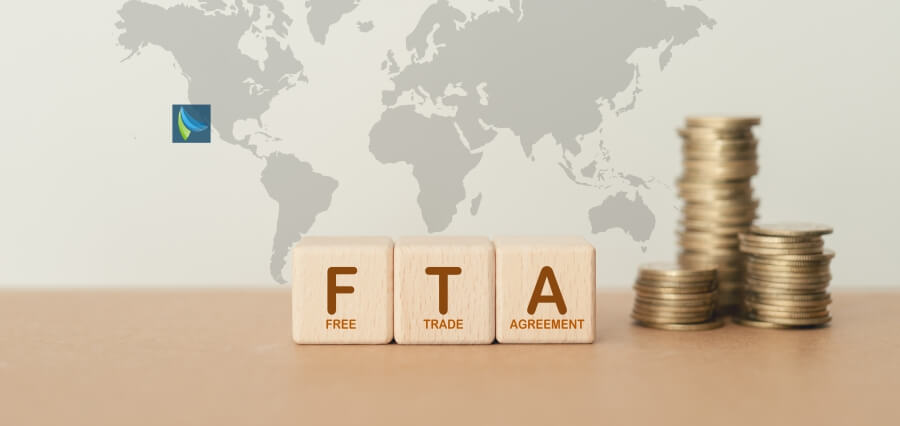India’s Free Trade Agreements with key global partners, the European Union and the United Kingdom, are being held as per schedule, a senior government official said on November 17, 2024, refuting reports that the talks were being held back. “All work of negotiations is going as per schedule,” the senior official reportedly clarified while referring to the recently concluded Central Statutory Commissions meeting.
While there are concerns about delays, an official pointed out, “All our FTAs, whether with the EU or UK are progressing according to the agreed timelines.” In the next couple of weeks, India’s Commerce Secretary is going to meet the DG of the EU and review the progress of their ongoing trade negotiations. The two officials will also interact within the framework of the TTC that is for the purpose of deepening the India-EU trade and technology cooperation.
India is negotiating FTAs with countries and regions such as Australia, Peru, Sri Lanka, and Oman apart from the EU and UK. Established to remove all trade barriers, improve access to markets and investment through reduced tariffs and the abrogation of trade restrictions for goods and services.
India has successfully concluded Free Trade Agreements with Japan, South Korea, Singapore, and UAE. In addition, it is likely to finalize its proposals of a proposed FTA with Peru by negotiating further with them following the finalization of India’s FTA strategy. The Indian government has also begun to draft a Standard Operating Procedure (SOP) for negotiations during further FTAs and is supposed to settle it by the end of this year. This will organize and intensify negotiation. Furthermore, the Comprehensive Economic Partnership Agreement (CEPA) between India and Oman was concluded during March 2024. However, negotiations on certain issues are still ongoing.
The statement made by the official mentions that India was still committed to furthering its global trade agenda and strengthening economic relationships through these strategic trade partnerships.


